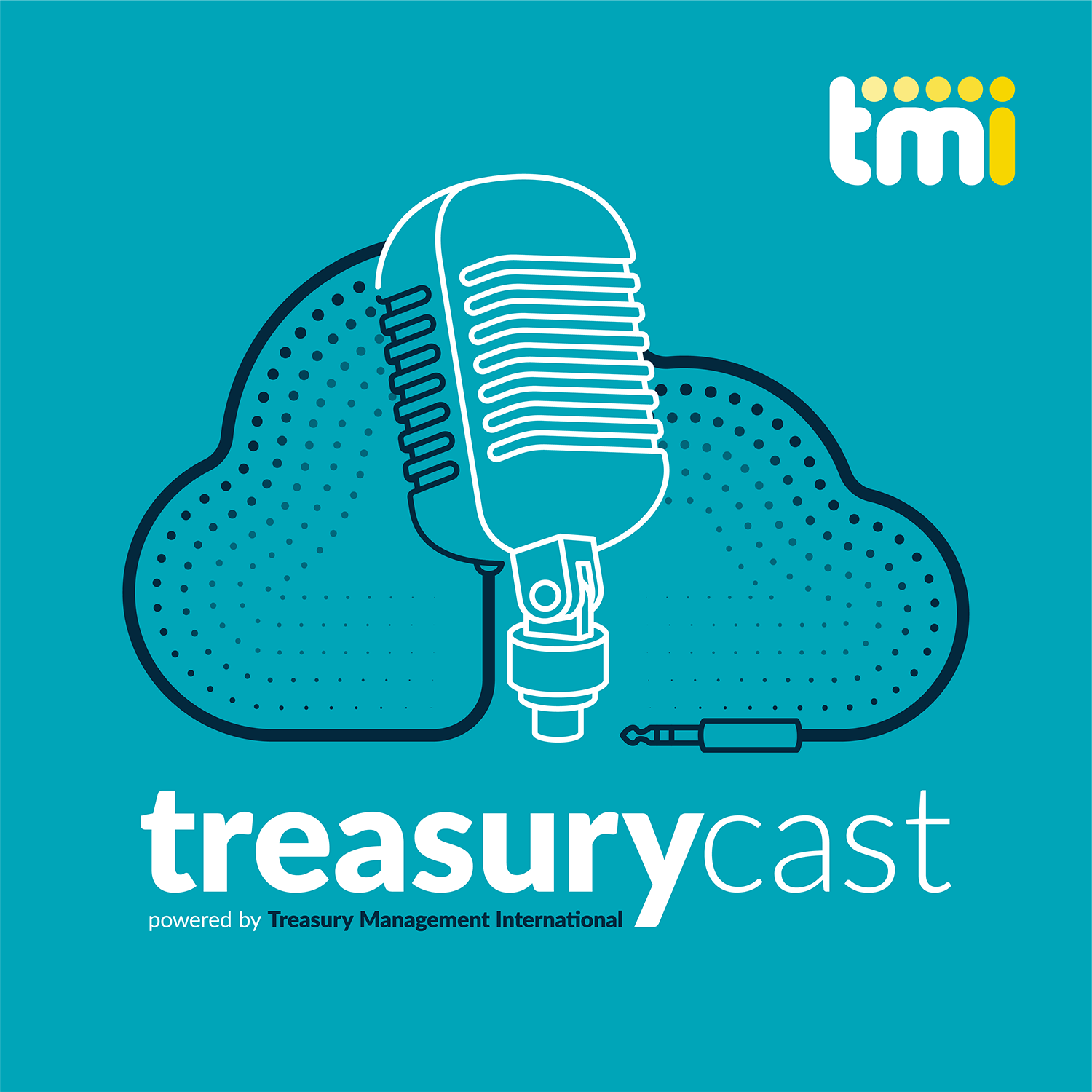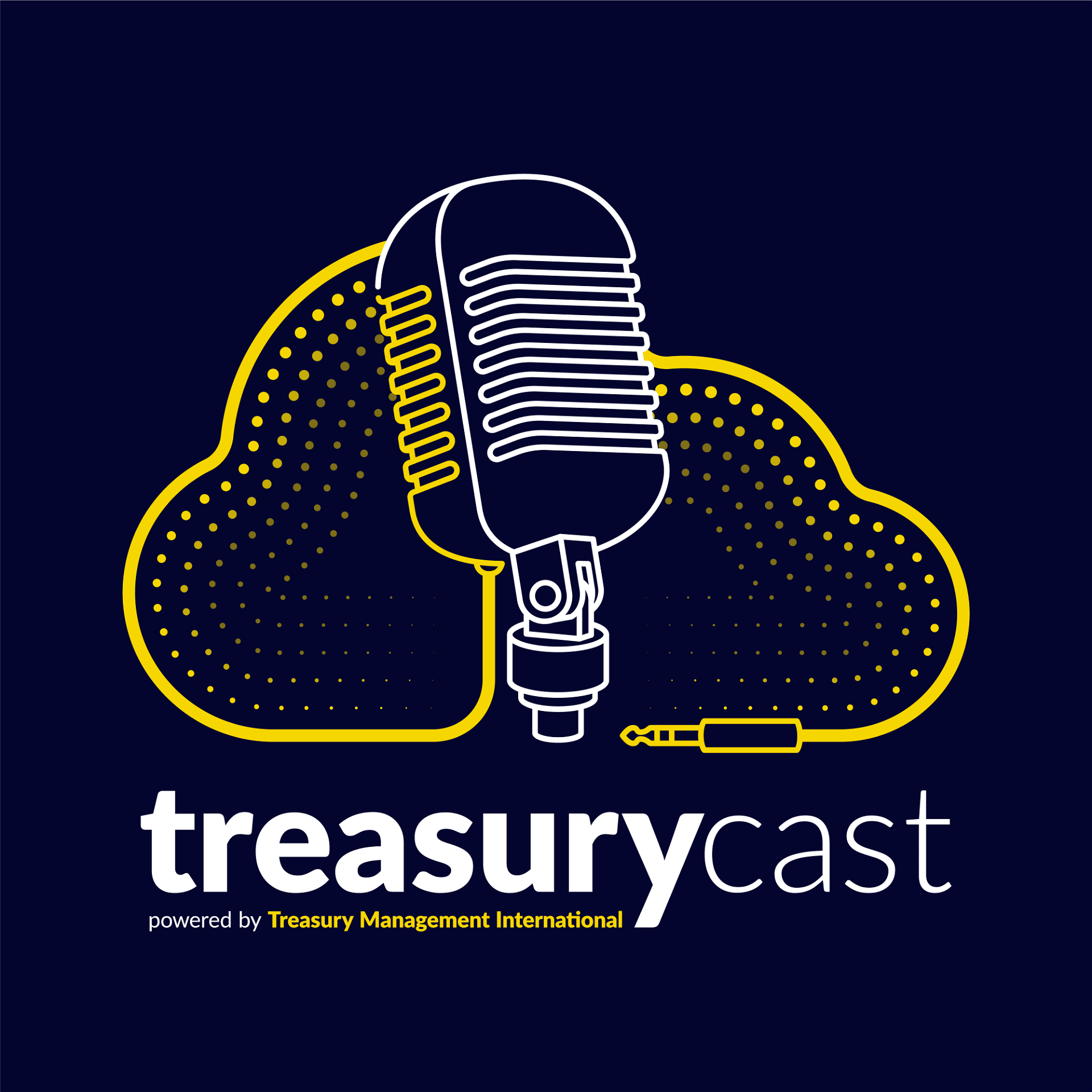Comment from Joep Huntjens, Head of Asian Debt, ING Investment Management:
For some time investors have been voicing their concerns regarding China’s economic weaknesses and flaws. Excess spending on infrastructure, a profligate banking system and a housing bubble that could burst with unknown consequences are weighing on investors’ minds.
Although many investors have been bearish towards China for some time, at ING Investment Management we prefer to acknowledge these concerns and take a more balanced view that takes into account the reforms China’s government is undertaking.
Even though the Chinese government has undoubtedly spent money on infrastructure projects of little economic value, we do not believe it is enough to collapse the economy. The way in which past mistakes have been acknowledged by the Chinese government is further supported by its measured steps to avoid adding to them.
The government is also undertaking real reforms to the Chinese financial sector, particularly in the areas of deposit insurance and shadow banking as well as for the repo and interbank markets. China’s biggest banks have also been proactive in supplementing their capital bases with hybrid issuance in both onshore and offshore markets. At ING IM, we expect these trends to continue throughout 2015 as they will strengthen the financial sector’s credit profile over time.
The impact of the USA’s housing market crash of 2007/08 on the world economic system is still fresh in many investors’ minds. However, Chinese households are not leveraged to anything like the same levels; savings rates are higher than their western counterparts, thereby creating a buffer. ING IM research shows that the revenues in 2014 for the Chinese housing companies we track, were 10% higher compared to 2013. The expansion in volumes more than offset the 0 – 5% decline in average selling prices.
None of the above should negate concerns ING IM has regarding growing inequalities between urban and rural populations, and inefficient SOEs (state-owned enterprises) and the government’s ability to reform them. Indeed, the reform of SOEs is one of the biggest challenges the government faces. Yet there is a large amount of unlocked potential in SOEs as their very nature makes them inefficient. While massive SOE reform could not be done overnight, if it were to happen quickly the economy might even start to accelerate.
So, we do not believe the Chinese economy is on a precipice; the recent economic slowdown could actually lead to much-needed reforms that will ultimately make the economy stronger and more favourable for investors.





